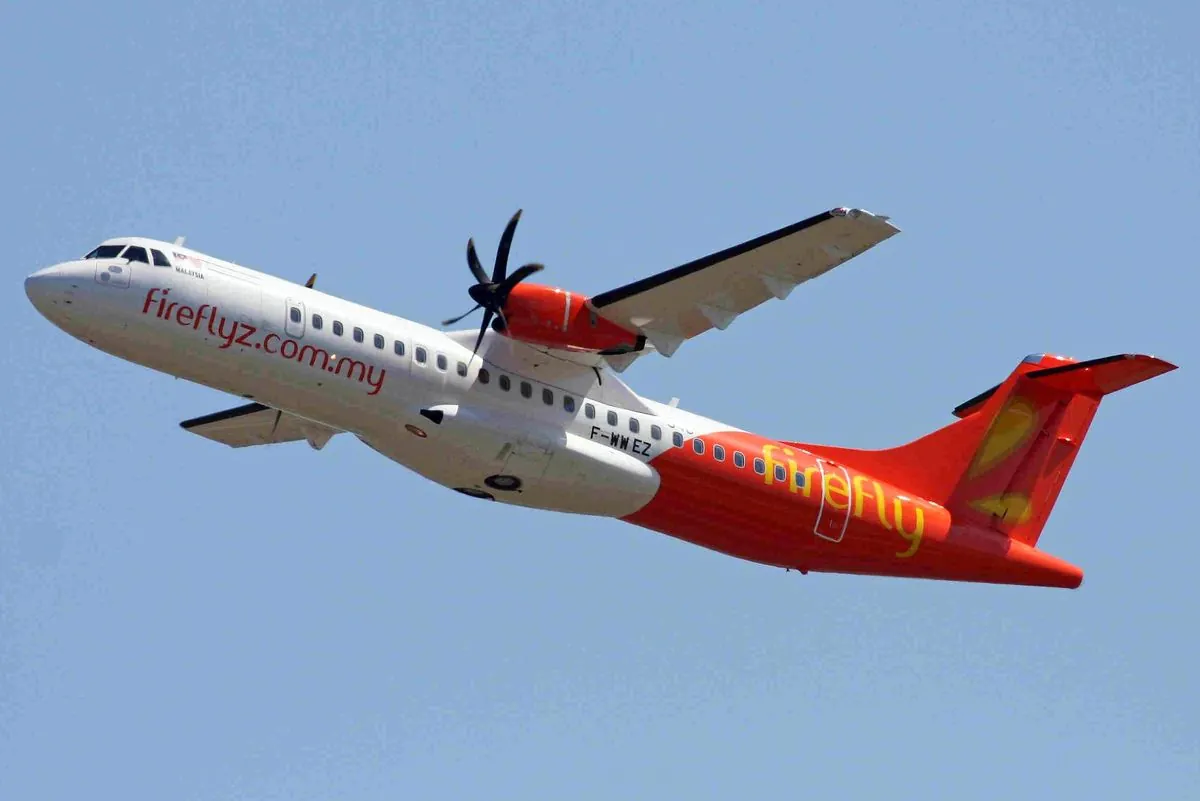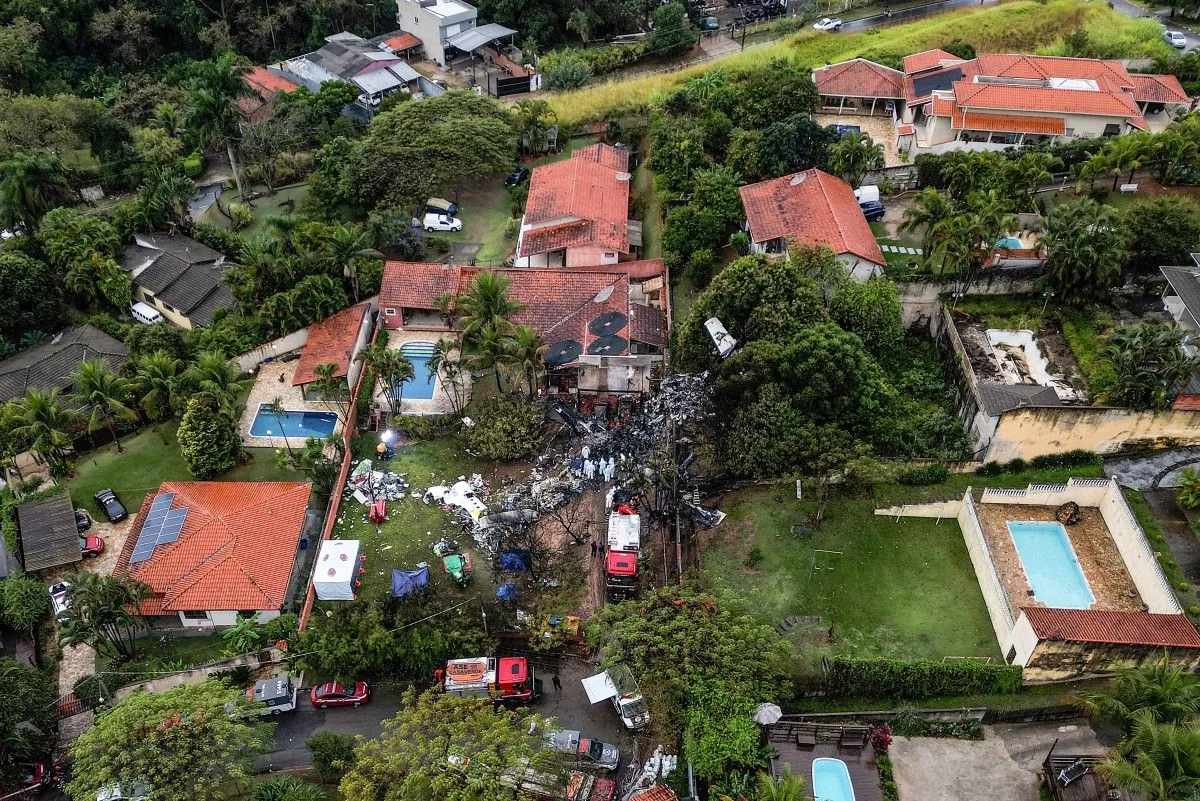Brazil Plane Crash Investigation: Black Box Transcript Analyzed
Authorities investigating a recent Brazilian plane crash that claimed 62 lives have obtained the full black box transcript. The cause remains unclear as experts continue to analyze the data.

One week after a devastating plane crash in Brazil that resulted in 62 fatalities, investigators have obtained the complete transcript of the aircraft's cockpit voice recorder. However, the content has not immediately revealed the cause of the accident, according to a report by TV Globo on August 14, 2024.
The crash involved an ATR-72 turboprop aircraft operated by Voepass, a local airline. The plane was en route from Cascavel in the southern state of Paraná to São Paulo when it crashed in Vinhedo, approximately 80 km northwest of its destination. The incident occurred at 1:30 p.m. local time on August 7, 2024.

According to the transcript, which covers about two hours of audio recording, the pilot and copilot noticed a steep loss of altitude approximately one minute before the crash. The copilot reportedly questioned the pilot about the situation and mentioned the need for "more power" to stabilize the aircraft.
"The transcript covers about two hours of audio recording, including a question from the copilot to the pilot about what was going on, and saying the plane needed 'more power' to be stabilized."
Notably, the Brazilian Air Force stated on August 9 that the pilots did not report any emergency or adverse weather conditions prior to the accident. This information adds to the complexity of the investigation, as it suggests that the crew may not have been aware of any imminent danger until moments before the crash.
The ATR-72, a twin-engine turboprop aircraft developed in France and Italy, has been in service since 1989. It is widely used for short-haul regional flights and is known for its efficiency on such routes. However, this model has been involved in several accidents worldwide, with icing conditions being a factor in some cases.
Investigators are considering various potential causes, including a possible icing issue on the plane's wing. This hypothesis stems from video footage of the crash analyzed by aviation experts. Icing on aircraft wings can significantly disrupt airflow, increasing drag and reducing lift, which could potentially lead to a loss of control.
The investigation is being conducted by Brazil's Aeronautical Accidents Investigation and Prevention Center (CENIPA), a division of the Brazilian Air Force responsible for investigating aviation accidents. CENIPA's thorough analysis of the cockpit voice recorder, along with other evidence, will be crucial in determining the cause of this tragic event.
Brazil, home to one of the world's largest domestic airline markets, has seen significant growth and changes in its aviation sector in recent years. This incident underscores the ongoing importance of rigorous safety measures and continuous improvement in air traffic control and airport infrastructure.
As the investigation continues, authorities are working diligently to provide answers to the families of the victims and to ensure that any lessons learned from this tragedy can be applied to prevent future accidents in Brazilian and international aviation.


































